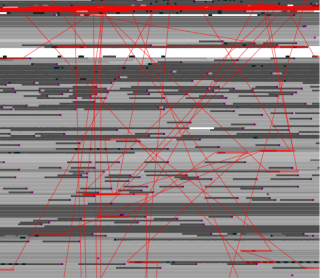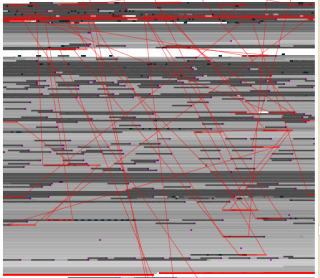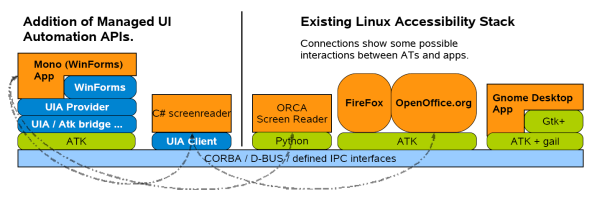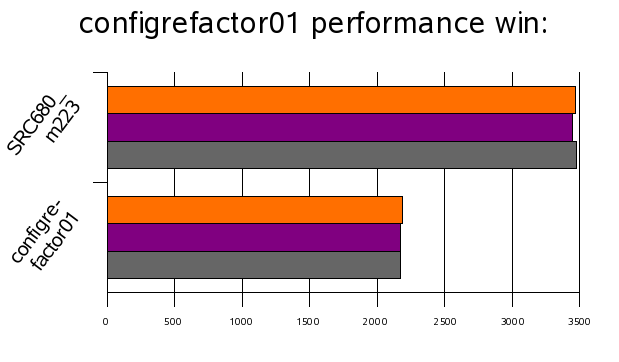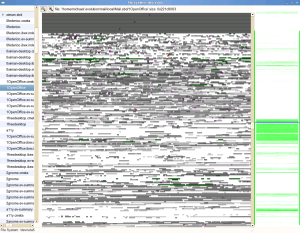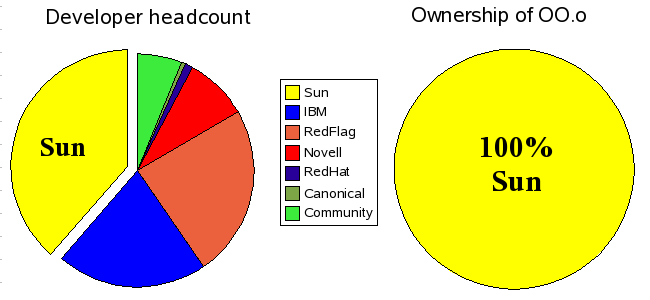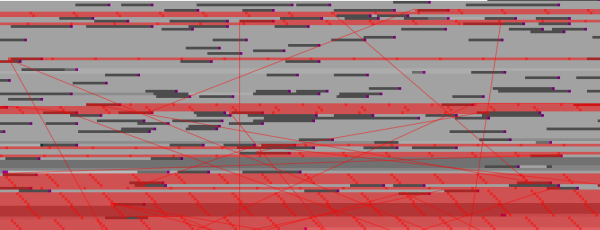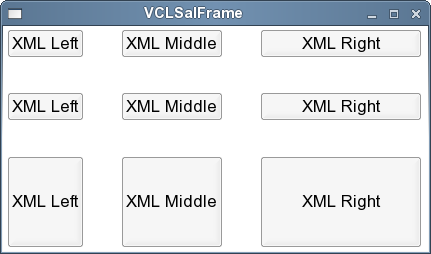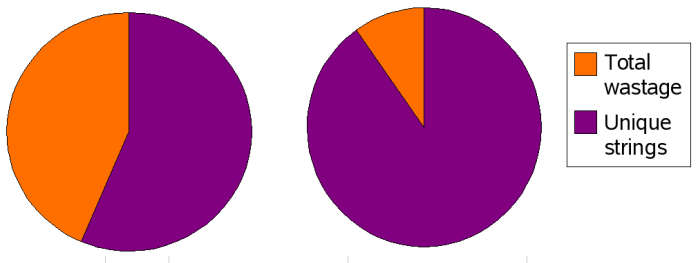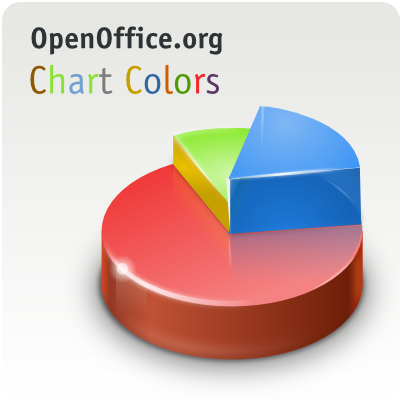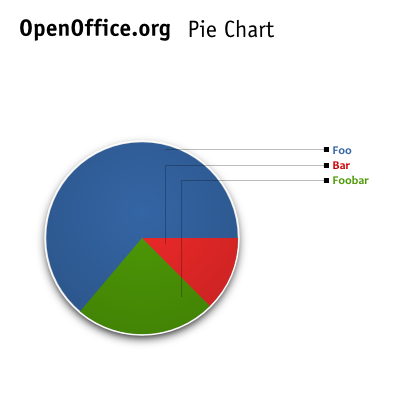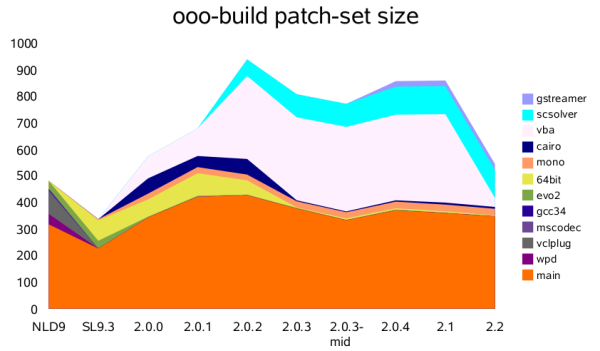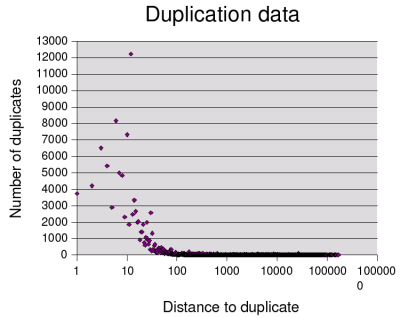Attempt to defeat the blogging perl script that rules me,
into a more structured flow for this thought only:
Why choose terms you won't accept ?
Very disappointed to read
Kohei's blog. Sun re-writing a contributor's code because they
refuse to accept the licensing terms they give to other people: the
LGPL; saddening. Sun chooses the licensing for OO.o; why choose a
license they won't accept themselves ?
To step back a bit, it's worth understanding how Novell now
contributes to OO.o. Clearly, we recognise & salute Sun's huge
investment here over many years, and for all our changes to the core
(> 50% of our work) we assign rights to Sun outright, and plan to
carry on doing so as we labour to improve up-stream OO.o. We work
closely with Sun's (excellent) engineers on joint development projects
such as OpenXML import, VBA interop, core application features,
re-factoring old code etc. To put it another way - we know Sun re-licenses
this code as proprietary software, for it's own advantage, and we like
our friends to be able to eat. Novell even uses a similar structure in
two other very limited scenarios: for a tiny fraction of Mono, and for
evolution.
What we don't like is the insistence that all and any contributed
code, shipped at OpenOffice.org must end up being owned by Sun. In
this case, the solver is a nicely separated, individual shared library
UNO component and completely de-coupled from OO.o. I'm personally a
fan of the LGPL, and OO.o (and StarOffice) contains lots of
non-Sun owned modules
including several LGPL modules, in it's core: eg. Daniel Velliard's
nice libxml2 library. Due to static linking, there is even pure LGPL
code floating outside the 'external' project. So - why is Kohei's
nicely separated, working, specified, UNO component not acceptable
purely under the project's license: the LGPL ?
How to offend developers
If OpenOffice was blessed (like other more sensibly structured
projects) with a large, diverse and healthy developer-base, then
perhaps we could expect to go around rejecting big chunks of code,
offending developers and driving away potential contributors. To do
this solely in order for Sun to retain total ownership of the
code-base (and even loosely coupled components) - seems rather a
betrayal of it's self-appointed stewardship role wrt. OO.o code
ownership (under the JCA).
Then of course we have the
announcement of the duplication itself (last comment in the issue),
(though it was announced at OOoCon too), some nice myths: the
"shared ownership" myth showing up in the solver integration
Stefan Taxhet wrote:
Kohei, we would be happy to help you with the integration of
your contribution in the main code base following the project
guidelines. This implies shared ownership and licensing under LGPL.
'shared ownership' sounds friendly doesn't it: unfortunately as
soon as more than one legal entity touches a piece of code, the only
owner of the complete work becomes Sun: so not that 'shared'. Thus we
can summarise this as: Allow Sun to re-license your code as
proprietary software, or you can't be part of 'Open'Office.
We are confident that this is the way the collaboration can
do well with the best support from all participants.
What does that mean ? the best form of collaboration is where the
weaker party assigns all their rights to the stronger ? Surely Sun is
aware of the effect that this sort of decision has on potential
contributors both corporate and individual. I for one, having
(foolishly) championed encouraging people to sign the JCA at many
conferences, am only too aware of how many clueful developers
politely refuse, nevermind corporations.
As this seems not to be an option for you we start to implement
a solution within the spreadsheet project.
There already is a fully implemented solution within the
spreadsheet project, it's Kohei's solver, it even has a specification,
it works, and it is there now. There is only one substantive issue: Sun
doesn't own it.
"You are welcome to join this effort."
Incredibly condescending to inviting Kohei to re-join his own
project, this time as an unpaid Sun employee, but a kind thought ?
Summary
Sun is throwing away many months of Kohei's life, I surmise,
because it knowingly asks others to accept a license, it will not
itself accept. It insists on refusing contributions licensed under
the project's own license.
Of course there are other projects that demand total copyright
assignment, and given a choice of that vs. proprietary software it's
clearly better to have Free software. However these projects tend not
to produce a wide base of contributors, something that OO.o for the
success of the Linux desktop desperately needs (oh and they tend not
to call their projects "Open"Foo).
Copyright assignment can actually be useful, when you want to
change licensing (though was not needed for dropping SISSL).
If the primary goal of ownership is to allow (hopefully
infrequent) licensing changes, surely having a sensibly structured
non-profit to allow that, rather than a for-profit corporation would
safeguard better governance.
Ultimately, it seems to me the current setup is not a winning, open
approach, but a dangerous situation that hobbles OpenOffice.org, and
leaves us in a bind. What can be done with our (un-acceptable) code ?
(apart from rampant appeasement). Unfortunately the situation simply
cannot be changed; and Sun totally dominates the whole OO.o
process. Hearing yet again the rational that it must be this way,
because it always has been this way is really not that satisfying
either.
A way out ?
For many years, there has been a collaboration among Linux
distributions (and others) to maintain a patch set for OO.o, including
all those features & fixes that for reasons of time, process problems
etc. have not yet made their way into OO.o (stalled in the bug
tracker eg.).
Our aim with ooo-build has been to slowly work at evaporating
this patch set away, by increasing the pace of up-streaming,
contributing the core changes to Sun, and thus OO.o; and of course
this is no set-back to continuing to get as many as possible of
the core fixes included into Sun's OpenOffice version.
Regrettably though, it appears that some of these things can never
go up-stream, as Sun refuses to accept them. Thus, it seems the best
approach is to continue working where we can with Sun on OO.o,
(helping them eat by improving their core) - while simultaneously
providing our rejected features directly to users somehow.
Of course, this is not a new thing, we've always distributed a
custom flavour of OO.o derived from ooo-build, as have many other
Linux distributions, but recently, with the new SuSE build service
and a (finally) updated web-site, we hope to be able to make development
versions more widely available (including on Win32) at http://go-oo.org; you can grab
Kohei's solver there today.
